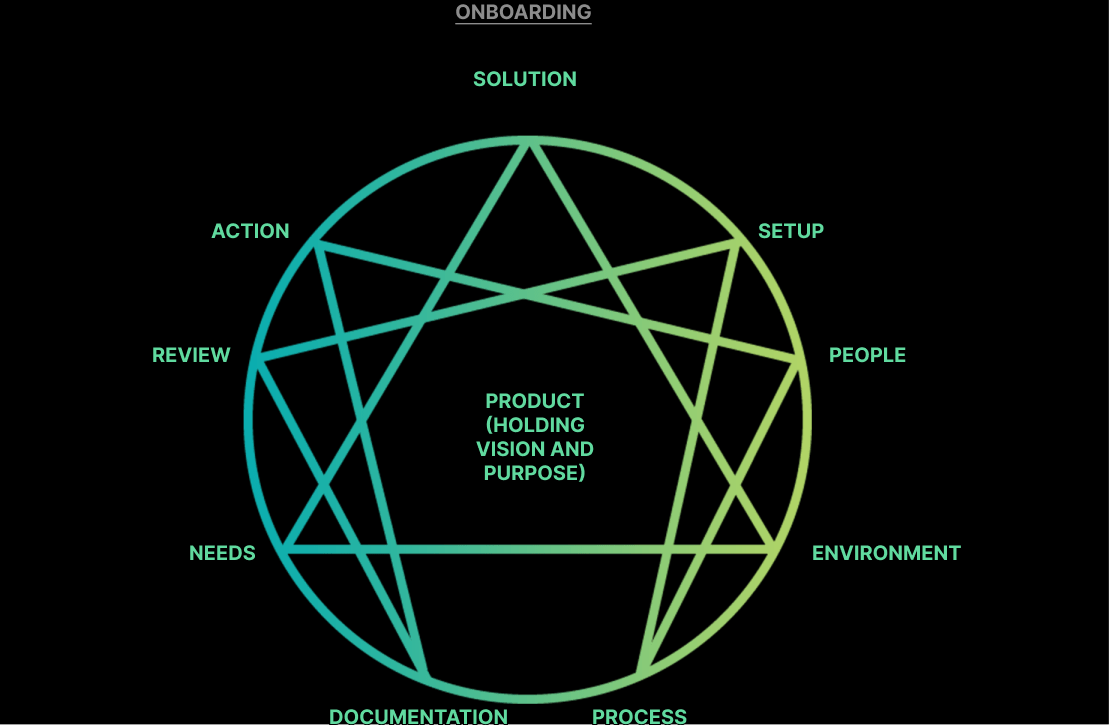Cosmo Genesis

Welcome! You have made it to our training lab on the moon; an observation site for cosmic ecologists. As you explore, you'll find resources and transmissions that will aid you in comparative studies and praxis based learning. The perceptive may even notice some easter eggs around!
🚀 Quick Start For Pioneers
In the side bar, you'll find a series of guides organised to help pioneers into orbit for the purposes of observing the boundry undefined worlds of autonomous organising, computer science and deep tech.
Below is a simple onboarding transmission for those looking get immediately started in such autonomous spaces. This can also serve as a map or beacon for those potentially lost in space. Ad Astra! ✨
🏴☠️Autonomous Onboarding
The below guide is designed to generalise across many spaces but might still require some minor tweaks to taylor a fit with your own specific context:

Set up your general communications while ensuring access to needed tooling is granted. Look ahead to the cultural process and review stages.
Introductions to other participants should come next, making first impressions while seeking out a niche role. Look ahead to the cultural process and consider the final stage of coordinated action.
Learn about the cultural process; typically this is how meetings get turned into useful artefacts, reporting and note taking is an easy first step to find traction. Look back to initial setup and introductory stages for guidance.
Hold the vision and purpose as you fall into discovery mode while thinking about needs of your environment in order to provide useful solutions; take your time to moonwalk back to shared connections, consider desirable outcomes and mentally note useful fragments!
Describe and document the artifact under production; a wiki with models and tables or even governance tool might be useful. Look forward to review and action stages.
Discuss the artifact under production with peers or a mentor while considering acceptance criteria and plan for the needs of your next cycle.
Take action based on the reviewed artifact while scouting collaborators collaborators for the next cycle, you'll probably want to work with at least three.
 LunarPunk Labs
LunarPunk Labs